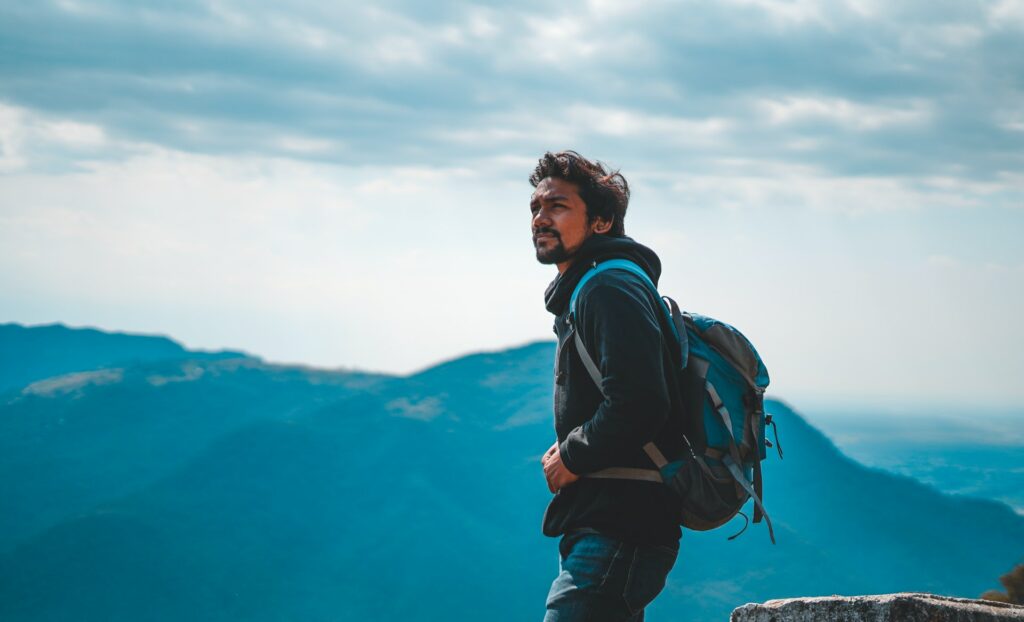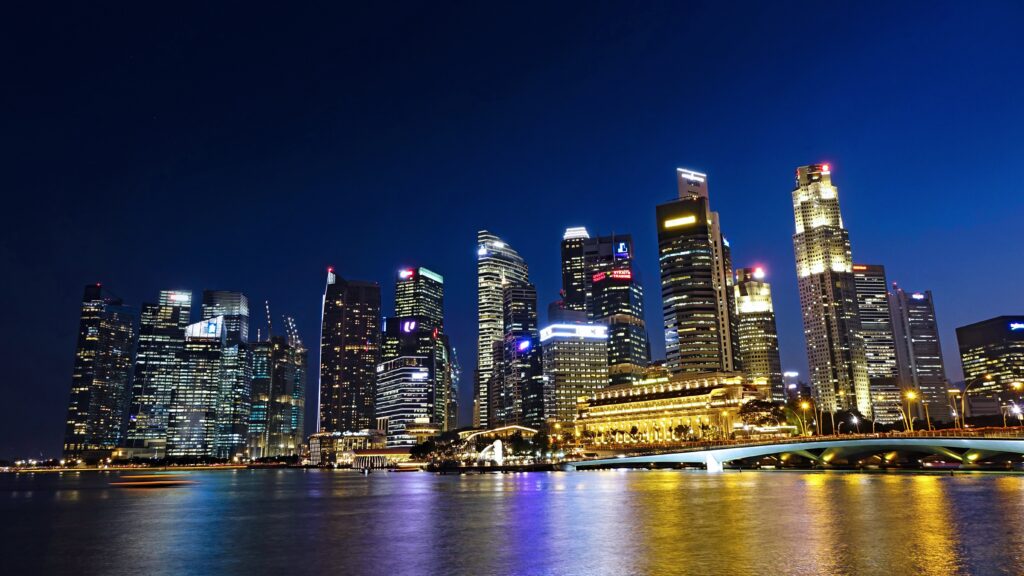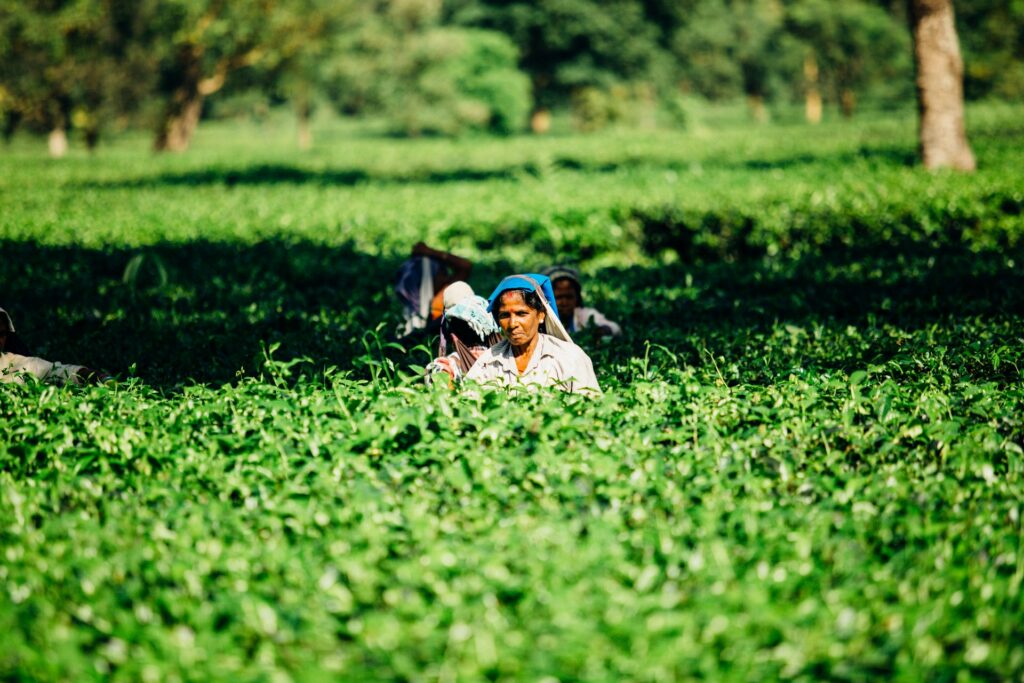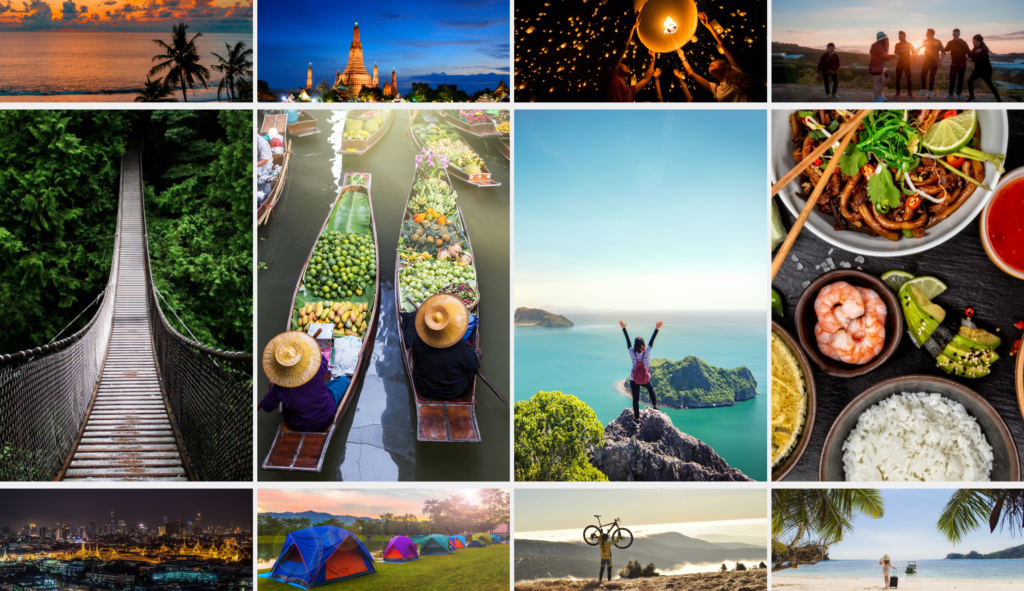India’s Consumer Market

By Biji Eapen, Chairman & CEO of Speedwings Aviation Academy and President of IAAI (IATA Agents Association of India)
The COVID-19 outbreak in India and the rest of the world has had a dramatic and lingering impact on Indian customers’ behaviours, with implications for travel brands in India and globally.
These are unprecedented times; while we have faced many virus diseases in the past like SARS, Chikungunya, Zika, Ebola, and Nipah, none has had such a wide ranging impact on our lives as the novel corona virus. And, this pandemic has had a significant impact on the travel, tourism, aviation and hotel industry, due to travel restrictions, flight cancellations and airport closures worldwide.
The global Travel & Tourism industry, especially the Indian hospitality sector, has been hit hard by this pandemic. In my 40+ years as an airline and travel industry profession, I have never come across a pandemic of this magnitude that was able to handicap the travel industry worldwide. There is no playbook to navigate COVID-19. This “new” normal has made us reconsider how to safely continue doing the work that we do best.

How hard the economy has been hit
Due travel restrictions and lockdowns, travel stopped and the global industrial activities paralyzed. Oil prices fell drastically down, whereby 60% of oil demand is from the transportation sector.
The pandemic has pushed the global economy into a recession, which means the economy starts shrinking, and the economic growths become completely dormant. The impact of coronavirus has put the world in uncertainty.
Impact on Indian Economy
Travel & Tourism sector contributes to 10.4% of global GDP, is directly responsible for generating one in 10 of the world’s jobs. In the Indian scenario, the Travel & Tourism industry has generated US$240 billion or 9.2% of India’s GDP in 2018 and supported 42.673 million jobs which was 8.1% of the total employment in the country.
India is a large market for Travel & Tourism. It is important for the country’s economy and is growing rapidly. We are blended with diverse portfolio of niche tourism products—adventure, medical, wellness, cruises, sports, MICE, eco-tourism, film, religious and rural (village) tourism.
According to World Travel & Tourism Council (WTTC), the catastrophic collapse due to the spread of coronavirus pandemic, crushing Travel & Tourism GDP loss to the world economy equal to $2.1 trillion in 2020 alone. Up to 75 million jobs are at immediate risk in global Travel & Tourism sector and India is expected to be most heavily impacted with up to 9 million jobs at risk throughout the country.
The inbound and outbound tourism have an important impact on a country’s financial health, and the Travel & Tourism sector is facing an economic meltdown from which it will struggle to recover. The economic situation affected millions of people working in the industry and pushed them into debt. The ‘domino effect’ will also result in massive job losses across the entire supply chain, hitting employees and those in self-employment.
Indian travel, tourism, aviation and hospitality industry that supports 42.673 million jobs needs broad-minded philosophy of parenting. The leadership should be non-conventional, indulgent and should never shrink to a conventional thinking. Our industry is not limited only to adventure, medical, wellness, cruises, sports, MICE, eco-tourism, film, religious and village tourism.
Core Issues and Challenges
One of the core issues and challenges emerged with the pandemic was the unexpected and extraordinary situation over India that travel agents and tour operators were forced to cancel and refund hotel bookings and the airlines tickets to passengers for flights cancelled due to travel restrictions or cancelled due to lockdown or airport closure. When the whole economy was paralyzed, refunding of ticket amounts for the flights cancelled or not operated due to lockdowns and travel restrictions became a challenging issue.
Hotels or airlines holding the refund amount in the absence of service is taking advantage of “profit over people” as the hard-earned money of customers being held by service providers without any services. Once customers lose their faith in a travel agent, tour operator, airline or hotel, they will lose trust in the entire Travel & Tourism industry. It would be difficult to rebuild same kind of trust again.
When airlines refused, IATA Agents Association of India (IAAI) impleaded and became a party to a case in at Hon Supreme Court of India with “Pravasi legal cell” and late October 2020, won the case forcing the airlines to refund all the tickets. Subsequently, other stakeholders also followed the suit.
Role of responsible travel and sustainable practices
Responsible and sustainable tourism becomes more important in the post-COVID era. Travel experiences will look different for the foreseeable future. Travelers and the tourism industry will need to be thoughtful, careful, and innovative to ensure safe, responsible, and sustainable travel.
Responsible tourism is vital in reviving the travel and tourism industry from its current financial crisis. Sustainable tourism will need to become our new normal, and we all need to make a conscious effort to learn what it is and our role in supporting it. In a nutshell, it is about travelling well while practicing the social distancing guidelines, being responsible, doing the least harm to ourselves and to others, while still allowing ourselves to experience the best our world has to offer.
As travelers, we will want to consider the effect our travel would have on places with highly vulnerable populations or constrained health care system and make decisions accordingly. The pandemic has ravaged many communities globally, and we can play a role in giving back to those communities that have allowed us to have transformative travel experiences for several years. One way to do that is by supporting local businesses like local hotels and restaurants. Above all, we will need to work in partnership with and respect the guidance issued by the communities we travel to.
Potential ways to boost the initial rise in Travel & Tourism post-COVID
In Indian scenario, the outbreak of COVID-19 pandemic and the national lockdowns unambiguously forced 1.3 billion people to stay indoors. Indian economy crippled with the recession. Millions of jobs were lost and had shattered people’s livelihoods, shops, eateries, factories, transport, services and business establishments.
The situation is still worse, as several state governments have imposed localized lockdowns to curb the spread of infections. The economic recovery will be slow, and the flexibility in spending on luxury has declined drastically due to rising unemployment and worries about likely job losses in the future.
Even if the vaccine is readily available by mid-2021, the economic recovery will be slow and uneven with employment and financial stability. In the current scenario, it is even harder to predict when economic activity could return to pre-COVID levels, primarily because of the health crisis and the government’s timid fiscal response.

Responding to the recent emerging travel trends
The COVID-19 pandemic has brought travel and tourism to a near-standstill, and no one can predict when it will restart. The world will never be the same before. The new travel normal is a shift to driving rather than flying. As a rebound in travel and tourism, people will start slowly and stay closer to home. Most of the people may feel little hesitant to board an aircraft. It means that people may gradually opt for nearby attraction in a neighbouring state and prefer a short-term stay at a sanitized rental property. In other words, travelers prefer domestic destinations reachable by car and stay at private rental properties instead of crowded hotels and resorts.
Till we restore confidence in people to begin travelling once the COVID-19 pandemic finally diminishes, only domestic tourism will work out. Technologies play a significant role to increase hygiene. We will need touch-less seats that connect to bluetooth on mobile to lower car seat back or fold out the tray. We will also need touchless lavatories, regulated boarding procedures so people aren’t falling over each other in the aisles and at airports, facial recognition technology and tracking through customs and boarding so that travelers and staff aren’t touching the same boarding pass.
When people feel more comfortable and confident in health and safety, they’ll start to go a long way. The industry faced similar challenges in the past, including the 9/11 attack and the 2008 financial meltdown, SARS, Nipah; but we have overcome all these. Once medicines and vaccines are made available, people will continue to fly international in large numbers, and leisure travel will be less affected.
The coronavirus is changing how we travel. But will virtual tourism —ever be a substitute for the real thing? Today, the traditional travel agents and tour operators will get the upper hand. Potential travellers want assurance on safety to travel, flights’ availability, specific destination, security, health and quarantine, and finally a reassurance — Can I get a refund if I need to cancel? As in the case of airline ticket refund issue, travel agents and tour operators need to be approachable, accountable, and reliable and trustworthy. It is a new beginning for the travel agents and tours operators to coordinate and work together to rebuild the tourism industry.
The role of tourism in the recovery of the economy
It may take months or years to recover from the devastating impact of COVID-19, but the travel and tourism industry will play a pivotal role in the recovery of the economy and our local communities across the world.
There are key concerns that need to be addressed.
- Until there is a clear cure or vaccine, the public will always be concerned about general or essential travel. While we may need to ‘live with the coronavirus’, our readiness to do so will depend on adequate knowledge, readiness, and confidence in the health infrastructure to manage potential medical issues.
- Unemployment and the financial recession are likely to discourage potential travelers.
- International tourism will be more difficult to revive since there are several travel restrictions in place for countries with higher infection rates. Several countries including India have imposed a mandatory quarantine for travelers entering the country.
- Airline and transportation fares are likely to increase if they function at 50% capacity or less, considering the guidelines of physical distancing.
With these international travel restrictions, it is more feasible to promote domestic tourism to offer sustainable tourism within the country while properly following the social guidelines. Domestic tourism, if promoted right, can be done with a substantially lower budget and can aid the revival of the travel, tourism, and its ancillary industries. Sustainable and responsible tourism can slowly but surely overcome the current issues we face. Yet we will need to do this in partnership with the government, healthcare sector, and our local communities.
Road to recovery from COVID-19
Recovery and getting back a sense of normalcy will take time. While travel will eventually resume, it will look and feel different. Safety will be the priority. Leisure travel may resume slowly. From airlines to hotels, social distancing will be the norm.
The travel industry will also need to innovate and change practices to support tourism in the future. Additional hygiene and safety protocols will be introduced across the board. Airlines and hotels may need to support flexible cancellation and rebooking policies. Tour packages will need to be redesigned to make sure travelers and local communities stay safe and healthy while still ensuring memorable travel experiences.
Importantly, the International Air Transport Association (IATA) has warned its members and member countries that, when airlines resume passenger services during the ongoing COVID-19 crisis, there are likely to be multiple public health, regulatory, training, and operational and crew and consumer confidence challenges. Passengers must have sufficient certainty that they can travel safely and achieve their travel goals.
The near future of the airline industry, along with the travel industry, as traveling resumes
Travel is the backbone of Indian economy and we should coordinate together to rescue major Travel & Tourism businesses such as travel agents, tour operators, global distribution system (GDS) and technology companies, hotels, homestays, tourist guides, travel and tourism training institutes, airlines and other travel-related players in the entire supply chain, in order to save the jobs of millions of people who depend on the Travel & Tourism sector for their livelihoods.
Similarly, tourism industry professionals will have the responsibility to make sure that health and safety standards, crisis management and preparedness plans, robust communication channels, are all in place to facilitate safe and rewarding travel experiences for customers.
Since the world gradually adapts to the new normal, we begin to see these travel bubbles springing up in some parts of the world. Certain Asia-Pacific countries have also established tightly-controlled lanes to allow for essential and non-essential trips without necessitating on-arrival quarantine. Although still a far cry from the pre-COVID days, the steadily expanding list of countries open for travel is indeed a welcome and encouraging sign.
The post-COVID travel will be the age of sanitized travel with stringent regulatory formalities and regulations. With this pandemic outrage, the travellers left with a shift in trust that relies on a responsible intermediary—a travel consultant, rather than the online or web-based robotics systems—to be accountable for safety, security, quality in services and activities including financials.
Organizations and their leadership teams cannot be passive in their approach to the overall evolution of the industry. The industry is changing constantly and we have to consider the issues such as the changing world order, destination marketing, tourism ethics, pro-poor tourism and a common understanding on service charges or remuneration.
We need to open our eyes and see the realities. We need to collaborate together, unite together and make our vision and mission successful.






Wonderful read and very insightful.